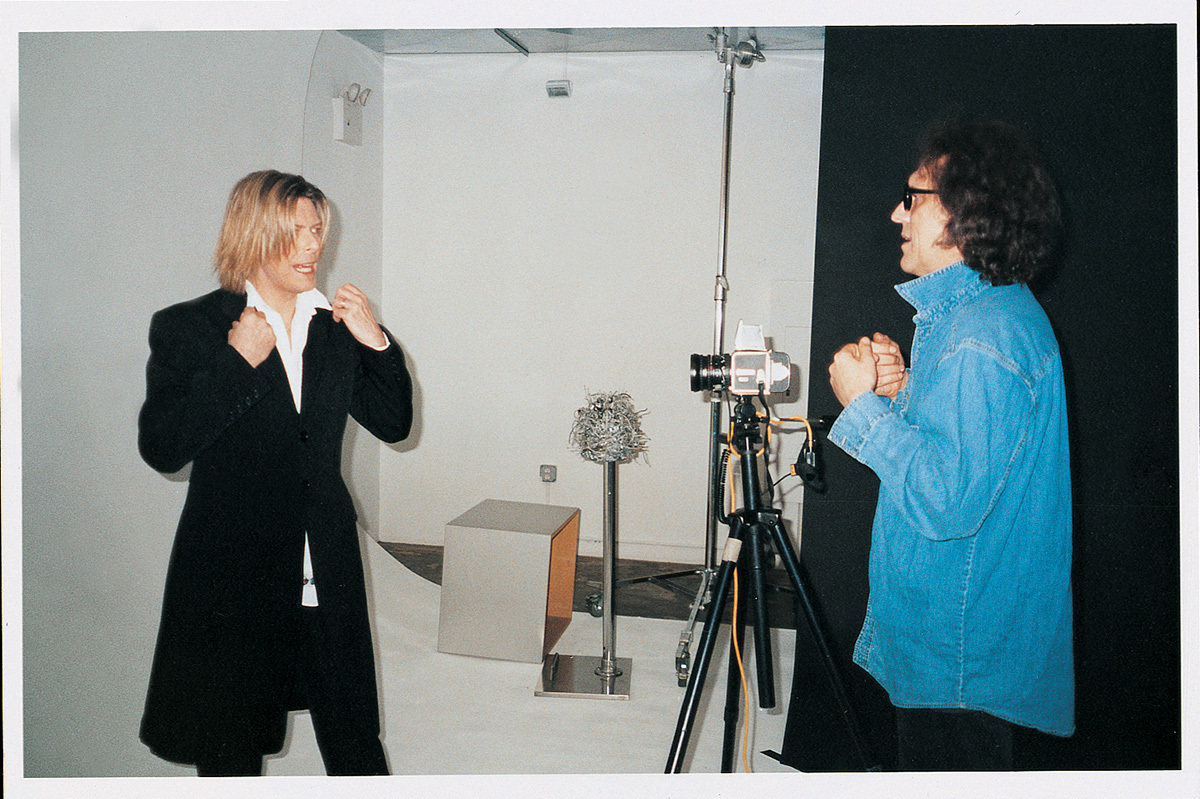Picture 70s rock and roll and it’s through the lens of Mick Rock that you’re peering. David Bowie going down on Mick Ronson’s guitar at an Oxford Town Hall concert. A burnt out Lou Reed on the cover of Transformer. Debbie Harry as punk’s answer to Marilyn Monroe, a vision of cheekbones, the most charismatic performer of the entire decade. The London-born photographer wasn’t after their souls; he was after their auras. And he captured them too, taking rock and roll photography from something entirely subsidiary and making it is an equal partner to music in the great making of its myth. Subject of a new documentary, SHOT! The Psycho-Spiritual Mantra of Rock, we sit down with the legendary shutterbug to talk Ziggy, Iggy and how he became the most iconic lensman in rock. With a surname like that, how could he be anything but?
Why do you think you’re so drawn to musicians?
Probably my early studies. I mean, what was I doing at Cambridge other than laying around? I was studying Modern Languages and Literature, which embraced, of course, people like the French Symbolist Poets, the English Romantics and the Beats. They were the early characters. Not only their work but the beasts that produced the work, the kind of lifestyles they had which, most often, seemed to involve imbibing various stimulations and maybe not eating or sleeping. So I think I saw those early musicians through that prism and I related them, whether they were known or not know at that stage, as being artists, rather than just pop stars or rock and rollers. And maybe I was right to look at that them in that light.
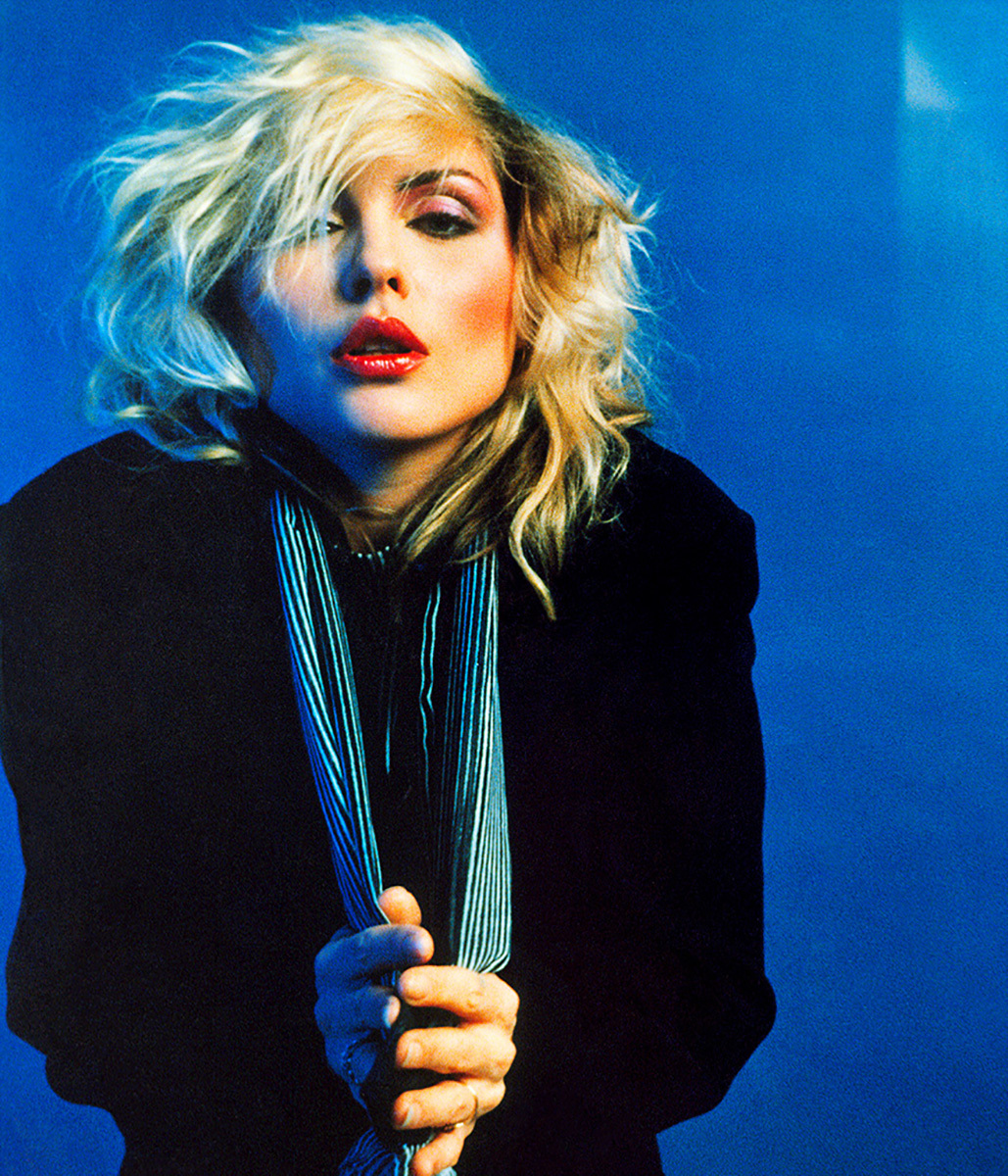
Who was the first you shot?
The first session I did that anyone cares about was with Syd Barrett. Who was certainly artist. Always painting until the end of his life. He was such a unique character. Without him there wouldn’t be Pink Floyd. He had a special illumination.
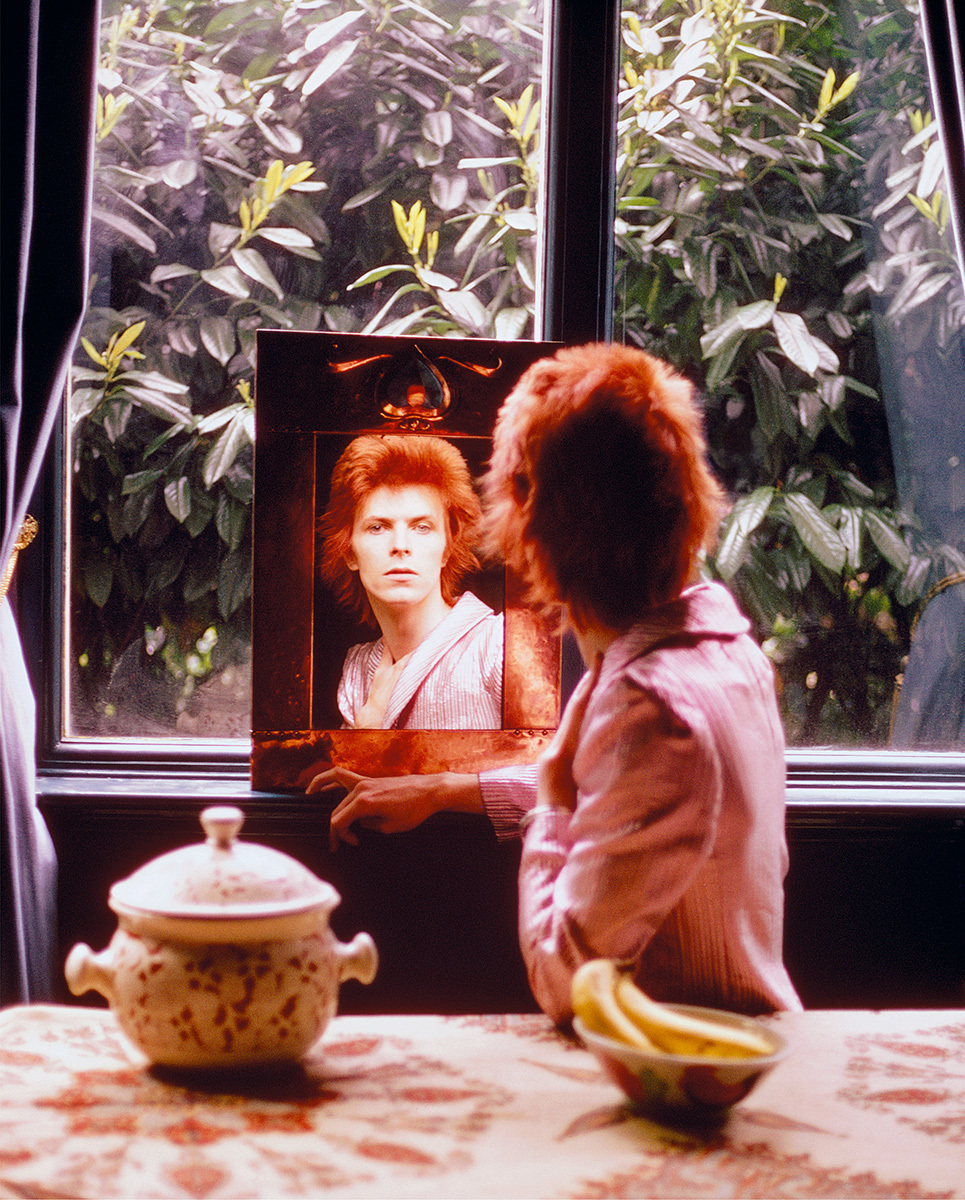
Why are people still so interested in the stuff you did in the 70s?
There’s certain fascination with the 70s. For quite a while it was the 60s, but that’s kind of disappeared now. There’s a fascination with those characters, the glammy, punky characters, and their influence on music in the broadest sense, especially David Bowie, who was always trying different things, and Marc Bolan. I mean, The Stones, god bless them, they’ll still go out and leg it in front of 55,000 people but essentially they’re playing the same music. Whereas the Ziggy Stardust period, visually, has become in many ways the definitive period of David’s image, in music he did just about everything apart from reggae. He was just an extraordinary character.
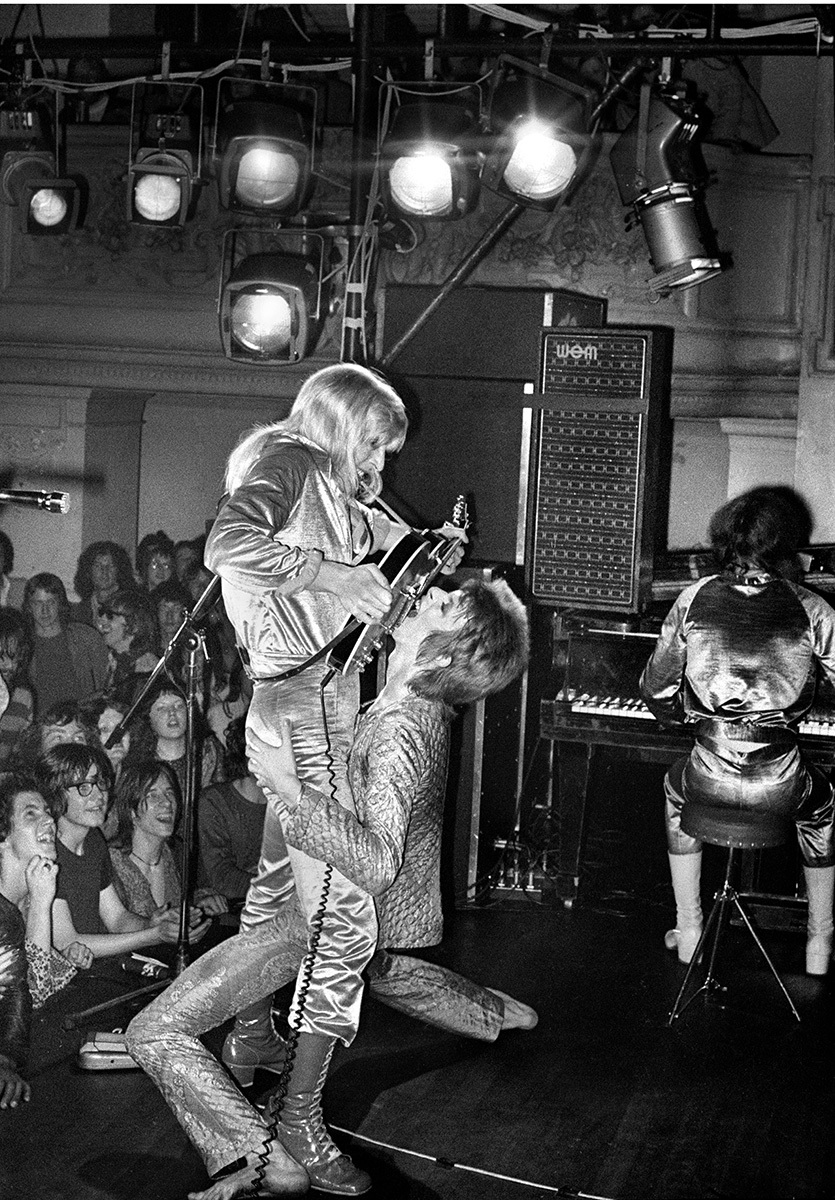
Did you come to think of him and Syd and the other people you shot as muses?
Oh, God, you’re quite right about that. People often ask me, what photographers were you influenced by? But there really weren’t any. I didn’t want to be a photographer. So definitely. It may have been something to do with my psychedelic dabbed brain, but I used to see them as more creaturely in a way. Those primary figures like Syd, David, Lou Reed, Freddie Mercury… muse is a fair word. Muse or chimera, really.
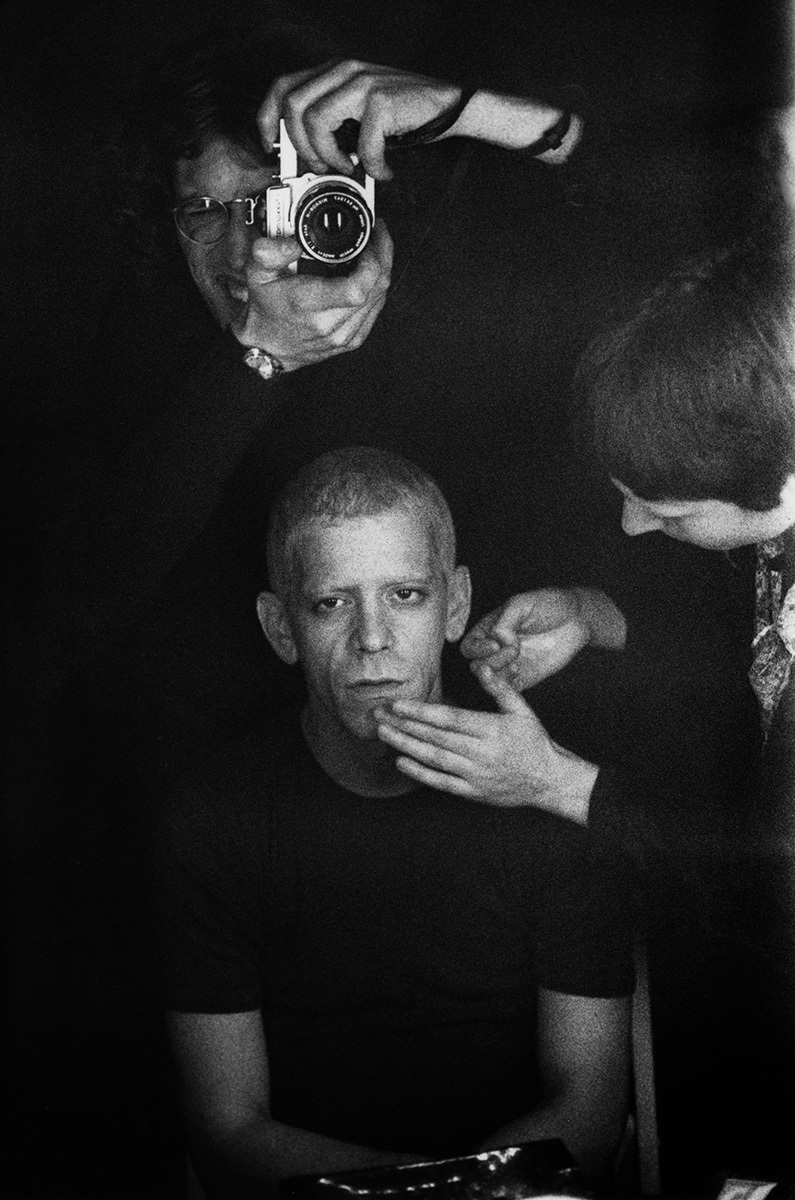
How much of a career is being in the right moment at the right time?
The first concert I did of David, there were 400 people there. Lou, when he did Transformer had hardly sold any records. Iggy, could barely get a record deal. Even Queen, when I met them had not really had a hit. So you could say that. The other thing you could say is that it was written in the stars and I was just living out what I was supposed to be living out. People often say, “Oh, did you know what they would go on to do?”. I didn’t fucking know! I don’t think any of us did. David might. He seemed to have a bit more of an inclining.
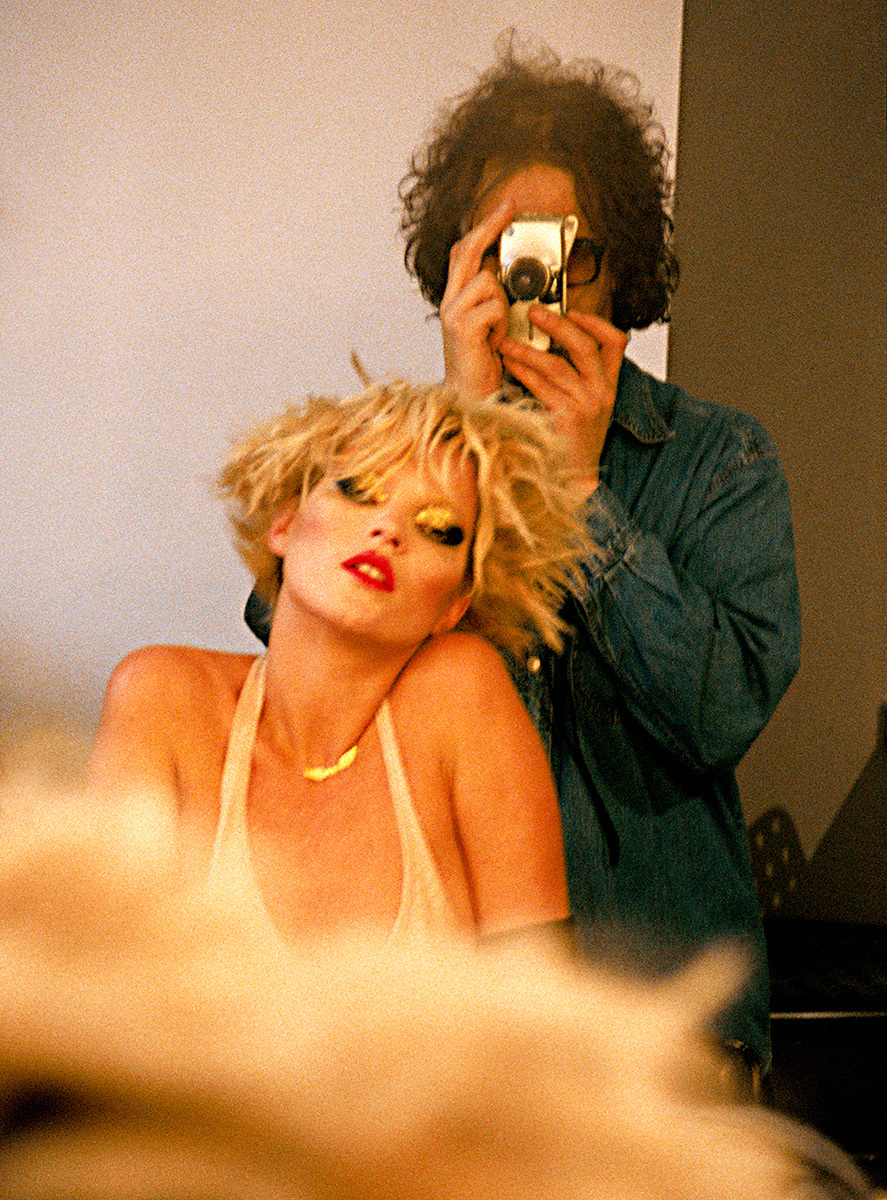
How do you feel about that “man who shot the 70s” tag?
I used to hate it. It’s not like I put the camera down in 1980! But everyone gets known for certain things. Even with David, I remember the period of time when he was doing Tin Machine and he’d tour with Trent Reznor and be number two on the bill. He had his kind of down-ish period in terms of public popularity. And I remember talking to him before he went to Glastonbury in 2000 when the British critics were all on his back. They called him out of touch because he wasn’t playing the old stuff. So at Glastonbury he did! When he came back, he said, “Oh, I had to trot out a load of the old nuggets and they love me again”. So even a genius like Bowie, gets defined somehow. If you have some kind of success early on, it’s what you have to deal with. Are people going to remember me for the Queens of the Stone Age, Karen O or Snoop pictures? Probably not. I’ll always be the man who shot the 70s.
Read: Meet the man who’s been photographing David Bowie for 40 years.
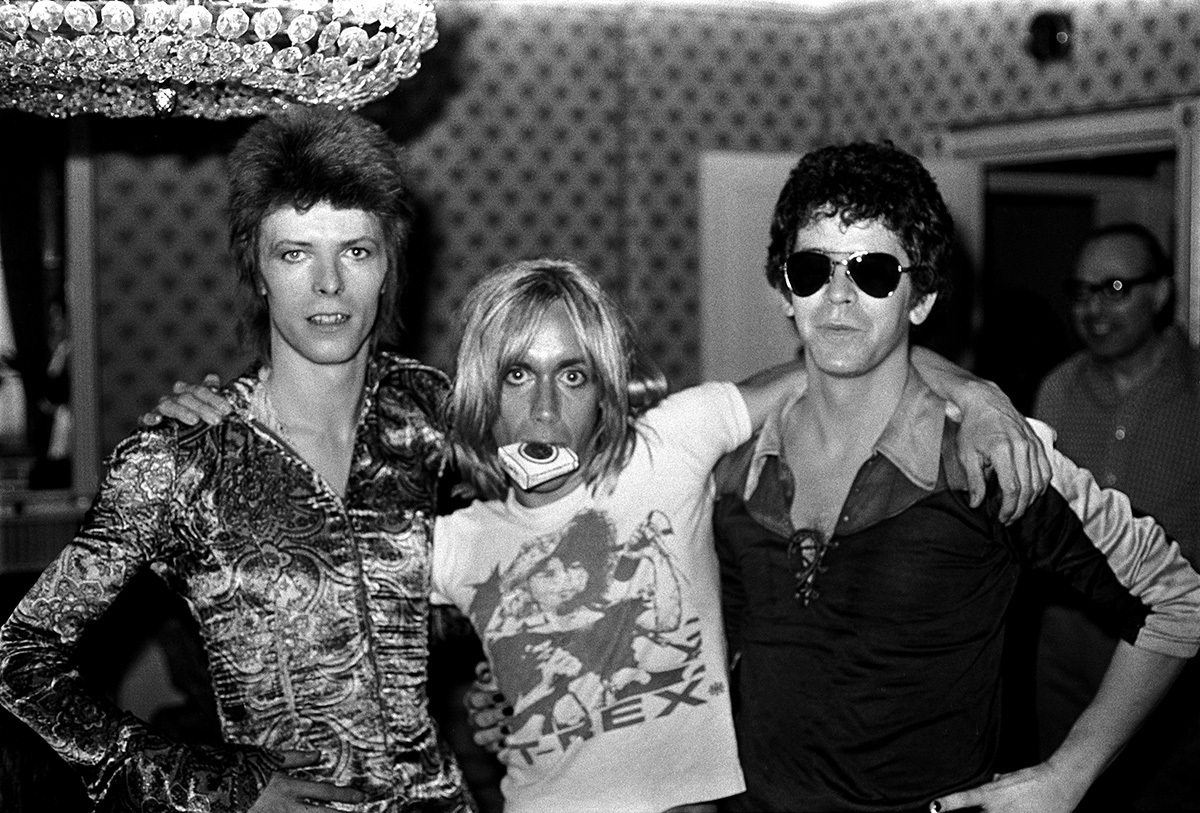
SHOT! The Psycho-Spiritual Mantra of Rock is released on Friday (21 July).
This article was originally published by i-D UK.
Credits
Text Matthew Whitehouse
Images all photo copyright Mick Rock 2017
